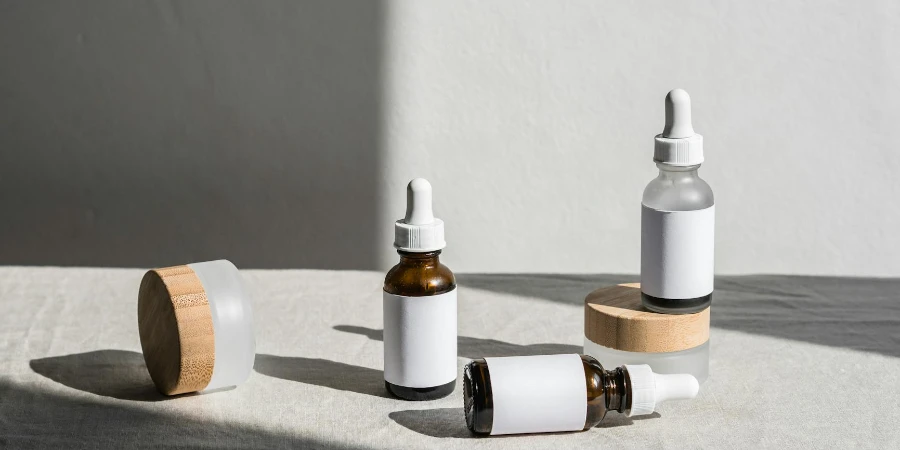Retinol, a powerhouse ingredient in the realm of skincare, is celebrated for its age-defying and skin-rejuvenating properties. But with its potency comes the question: At what age should you start incorporating retinol into your skincare routine? This article delves into the science behind retinol, its benefits, potential side effects, and how to use it effectively, guiding you to embrace this skincare marvel at the right time.
Table of Contents:
– What is retinol?
– Does retinol work?
– Benefits of retinol
– Side effects of retinol
– How to use retinol
– Top trendy products that contain retinol
What is retinol?
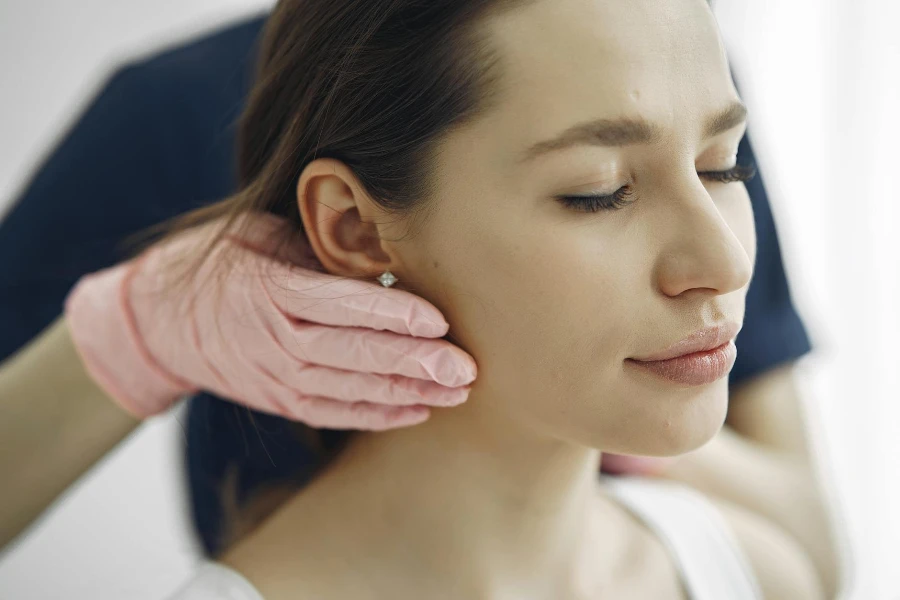
Retinol is a derivative of Vitamin A, one of the body’s key nutrients for cellular growth and health. In skincare, retinol is revered for its ability to accelerate cell turnover, enhance collagen production, and unclog pores, making it a versatile ingredient for combating acne, reducing fine lines, and improving skin texture. Unlike its more potent prescription counterparts like tretinoin, retinol is available over the counter, offering a gentler option for those looking to integrate Vitamin A into their skincare regimen.
Does retinol work?
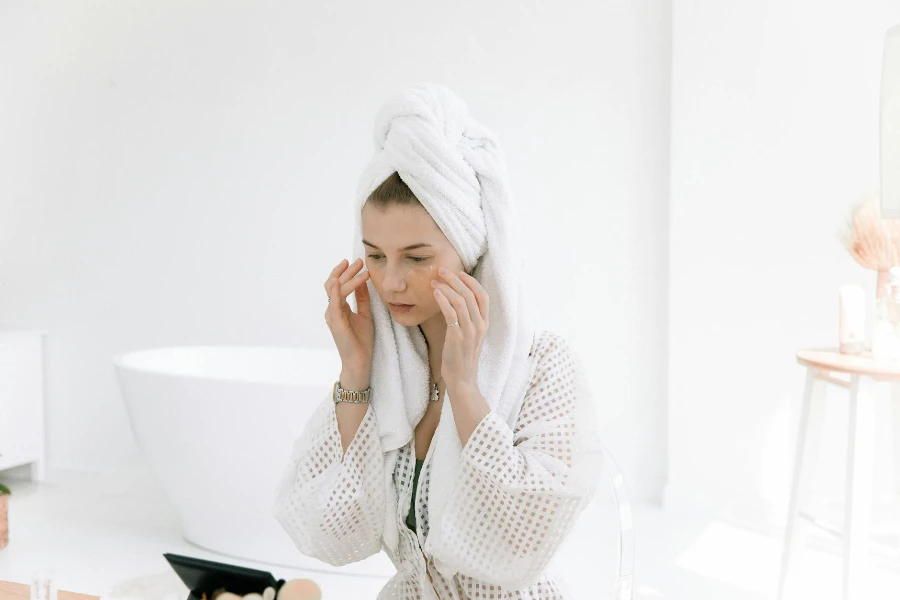
The efficacy of retinol in skincare is well-documented, with numerous studies highlighting its ability to significantly improve skin appearance. By promoting cell renewal and collagen synthesis, retinol not only helps in diminishing the signs of aging but also enhances skin tone and texture. However, its effectiveness is dependent on consistent use and the concentration of retinol in the product. It’s worth noting that while retinol can deliver visible results, patience is key, as improvements typically emerge after several weeks to months of regular application.
Benefits of retinol
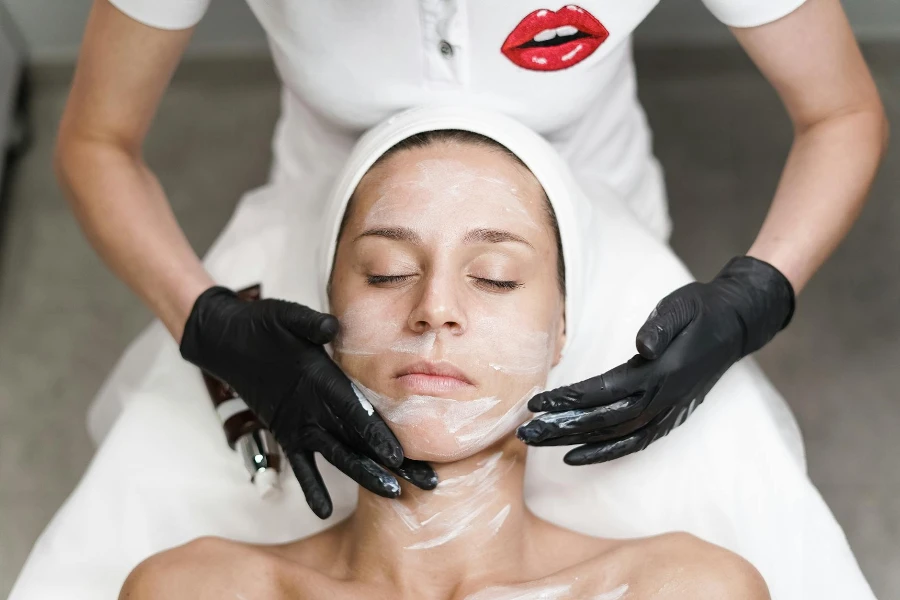
Retinol’s benefits extend beyond its anti-aging prowess. It’s also effective in treating acne by preventing pore-clogging and reducing inflammation. Moreover, retinol can help in fading dark spots and hyperpigmentation by accelerating cell turnover, revealing a more even-toned complexion. Regular use of retinol-infused products can result in smoother, clearer, and more youthful-looking skin, making it a coveted ingredient in the skincare world.
Side effects of retinol

While retinol can transform your skin, it’s not without potential side effects. Initial use can lead to dryness, redness, and peeling as the skin adjusts to the increased cell turnover. These reactions are typically temporary and can be mitigated by starting with a low concentration of retinol and gradually increasing it. It’s also crucial to use sunscreen daily when incorporating retinol into your routine, as it can make your skin more sensitive to the sun.
How to use retinol
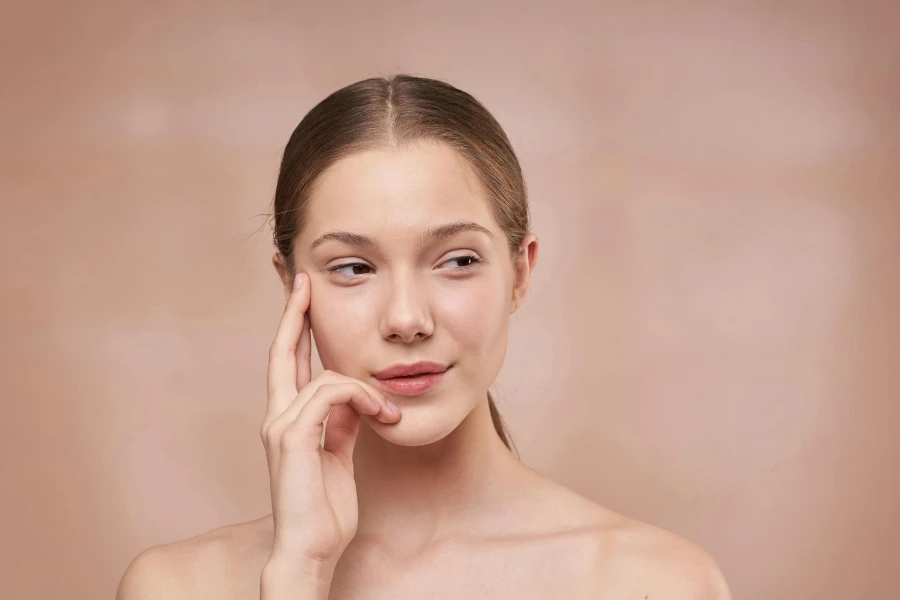
Introducing retinol into your skincare regimen requires a strategic approach. Start by applying a pea-sized amount of a low-concentration retinol product once or twice a week, gradually increasing the frequency as your skin adapts. It’s best used at night, as sunlight can degrade its potency. Combining retinol with moisturizing ingredients like hyaluronic acid or ceramides can help counteract dryness and irritation. Remember, consistency and patience are key to reaping retinol’s full benefits.
Top trendy products that contain retinol
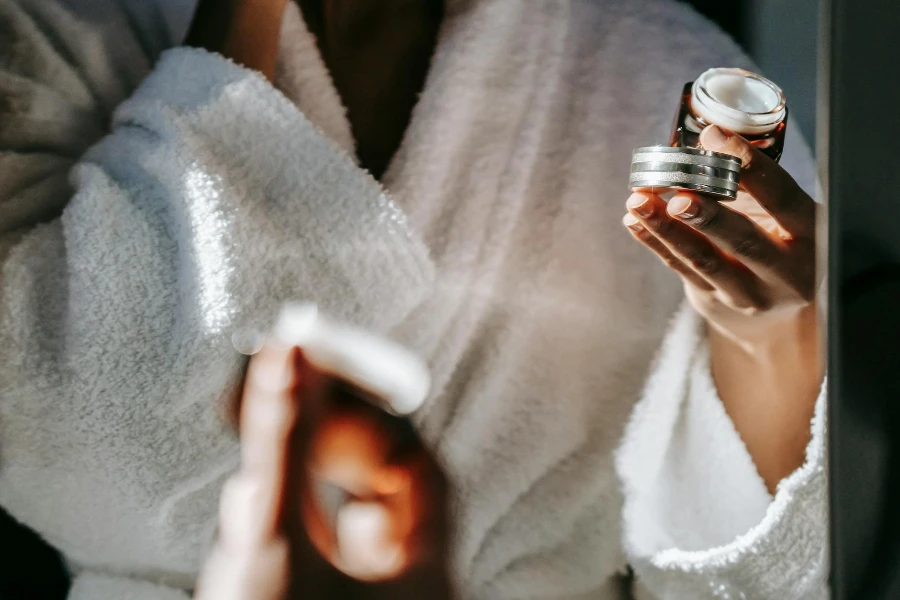
The market is brimming with retinol-infused products, from serums and creams to oils. While specific brands aren’t highlighted here, when searching for the top trendy products, look for those that couple retinol with nourishing ingredients to enhance its efficacy while minimizing irritation. Additionally, products packaged in opaque, airless containers are preferable, as they help stabilize retinol, ensuring its potency is preserved.
Conclusion
Retinol is a transformative ingredient that can significantly enhance skin texture and tone when used appropriately. While there’s no one-size-fits-all answer to the question of what age to start using retinol, beginning in your late 20s to early 30s is a common recommendation, with adjustments based on individual skin concerns and tolerance. By understanding retinol’s benefits and potential side effects, and incorporating it wisely into your skincare routine, you can unlock the secret to radiant, youthful skin.
